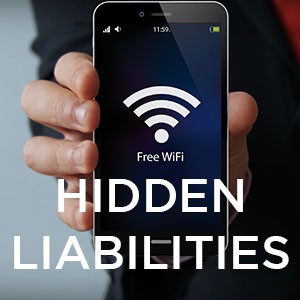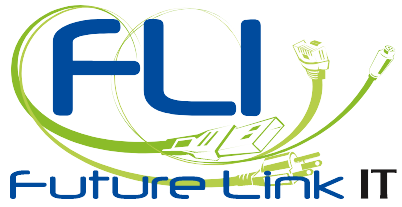
Public Wi-Fi has become an important amenity for many businesses including coffee shops, hotels, restaurants and a host of other establishments.
Patrons have increasingly come to expect freely available Wi-Fi wherever they may go
While providing customers open Wi-Fi is generally a sound business decision, there are some potential downsides.
The downsides
Most of us are aware that public Wi-Fi is not secure, and hence, is vulnerable to hacking and other malicious attacks.
In addition, any business that offers free Wi-Fi will eventually have to deal with squatters. These are people who essentially “camp out” in your establishment to gain access to the free Wi-Fi, but purchase very little, if anything.
Often overlooked, are the legal liabilities that can result from providing public Wi-Fi. Though the liabilities may be exaggerated by law firms seeking your business, there are some important issues to consider.
For example, did you know that if a customer uses your internet connection to illegally download copyrighted content you may be liable?
Future Link, as an internet service provider, receives notices from the FBI as well as owners of copyrighted media (mostly movie studios and record companies) that users are downloading illegal content. While we do not monitor, limit or block content, we are obligated to pass these notices on to our customers.
Fortunately, business that offer public Wi-Fi can protect themselves from liability under the Digital Millennium Copyright Act (DMCA).
Under the DMCA, Internet service providers — including Wi-Fi hosts — are not supposed to be liable for copyright infringements committed by users if they act as “mere conduits” for user traffic. The DMCA creates a safe harbor for such conduits, provided they meet several criteria:
- The Wi-Fi host must not initiate the transmission (upload or download) of information over their network:
- The host must not mediate this transmission in any way, i.e. by specifying a recipient for the transmission, specifying the material to be transmitted, or modifying the content transmitted;
- The host must not store copies of the content transmitted for longer than necessary to complete the transmission;
- The host must adopt and reasonably implement a “take-down” plan for responding to notices of infringement and for banning repeat infringers; and
- The host must not interfere with standard technical measures used for copyright protection, such as watermarks on images, password protection, or other digital rights management devices.
Quoted from source: http://www.gsblaw.com/duff-on-hospitality-law/free-wifi-a-cautionary-tale
For additional protection, business that provide public Wi-Fi should also block inappropriate content. This includes adult and other offensive content.
Even if we are not your ISP, Future Link can provide you with a simple firewall solution to block inappropriate content for a very reasonable monthly fee. Give us a call anytime to learn more about public Wi-Fi and how to shield your business from liability.

